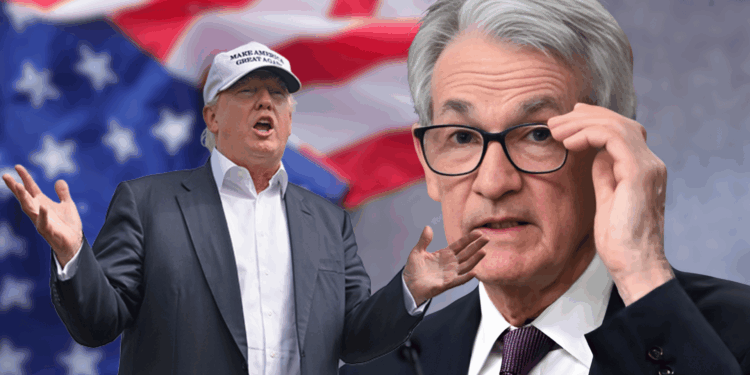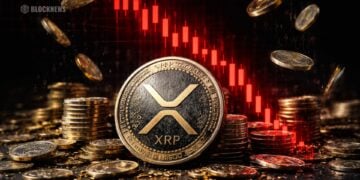- Trump suggested firing Fed Chair Powell to GOP lawmakers, then denied the claim publicly the next day.
- He’s frustrated with Powell’s interest rate policy and the Fed’s $2.5 billion renovation project.
- Legal experts say Trump likely lacks the authority to fire Powell unless there’s evidence of misconduct.
President Donald Trump reignited speculation over Federal Reserve Chair Jerome Powell’s future this week, first suggesting to lawmakers that he might remove Powell from his post—and then backtracking the next day. The conflicting remarks have stirred confusion among policymakers and market observers alike.
Behind Closed Doors: Lawmakers Support Powell’s Removal
On Tuesday, during a meeting at the White House, Trump asked Republican House members for their views on firing Powell. Those familiar with the conversation say lawmakers expressed support, and Trump reportedly indicated that he would “likely” move ahead with Powell’s removal. However, he told reporters on Wednesday that media reports suggesting an imminent firing were “not true.”
Why Trump Wants Powell Out
Trump has publicly criticized Powell for months over the Fed’s refusal to lower interest rates, arguing that high borrowing costs are hindering economic growth and making it more difficult to finance federal debt. The president wants the central bank to cut rates by up to three percentage points. He’s also accused Powell of mismanaging a costly $2.5 billion renovation of the Fed’s Washington, D.C. headquarters, citing project overruns and pandemic-related inflation in building materials.
Legal and Market Implications
Despite Trump’s frustrations, experts note that he may not have the legal authority to fire Powell without cause. Recent Supreme Court guidance reinforces that a president can only remove a Fed chair for misconduct, not policy disagreements. Firing Powell over interest rate policy could rattle financial markets, raise borrowing costs, and undermine confidence in central bank independence.
Powell’s Response and the Path Forward
Powell has made it clear he does not intend to leave early and is prepared to resist any politically motivated ousting. The question now is whether Trump will push forward despite legal and economic risks, or if this week’s remarks were another round of political theater aimed at pressuring the central bank.














